drugs
Latest
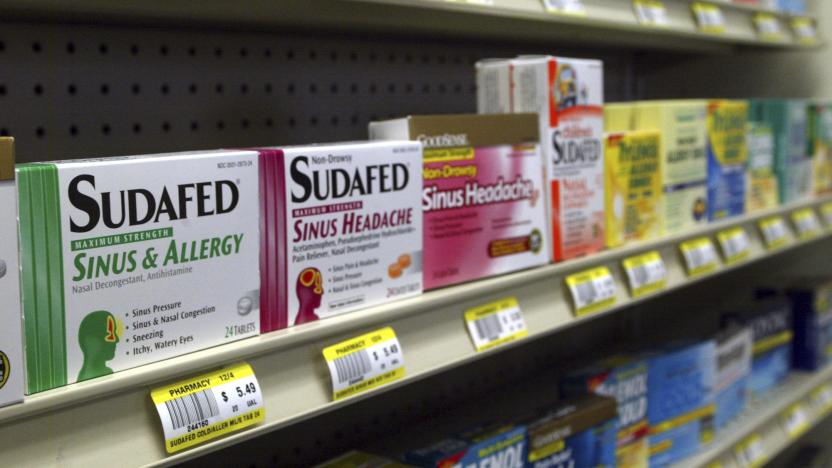
The most common oral decongestant in the US does not work, FDA finds
The FDA ruled that phenylephrine, a key ingredient in many over-the-counter cold medications, does not actually work to treat nasal congestion when taken orally. The agency will now need to determine if it will revoke the ingredient's oral OTC designation as “safe and effective.”

CVS Health will begin manufacturing cheaper 'biosimilar' drugs
CVS Health is launching a new subsidiary unit, Cordavis. This new arm will collaborate with drug manufacturers to produce medications that are near identical to an already approved and existing drug for cheap.
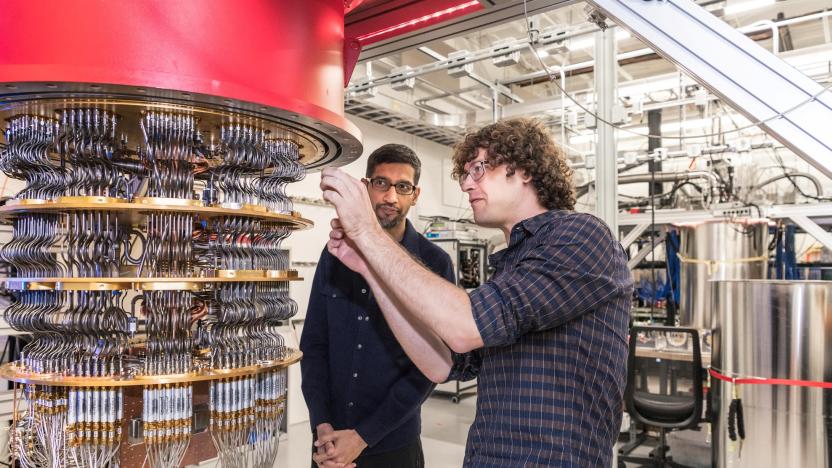
Google's quantum computing division will help develop new drugs
Google’s Quantum AI division is teaming with pharmaceutical company Boehringer Ingelheim to develop new types of pharmaceutical products.

European police hacked encrypted phones used by thousands of criminals
In one of the largest law enforcement busts ever, European police and crime agencies hacked an encrypted communications platform used by thousands of criminals and drug traffickers.

IBM shares AI tools to better understand and treat COVID-19
It has released a series of new tools to aggregate data, help researchers explore potential therapies, advance the study of newly sequenced SARS-CoV-2 genomes and make the latest info available to healthcare professionals. Its AI deep search tool is ingesting data from the White House, a coalition of research groups and licensed databases from the DrugBank, Clinicaltrials.gov and GenBank. The cloud-based research tool is a repository of genes, proteins and other molecules from sequenced viral and bacterial organisms, and it’s meant to help researchers identify molecular targets necessary for drug design, test development and treatment.
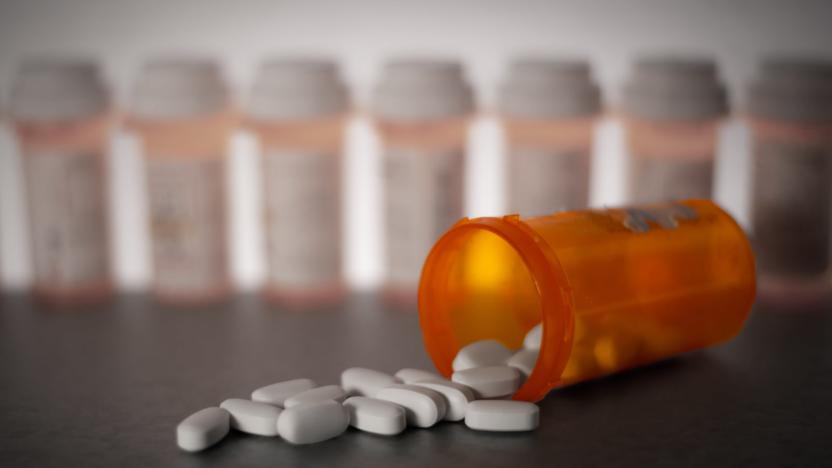
AI-formulated medicine to be tested on humans for the first time
A drug designed entirely by artificial intelligence is about to enter clinical human trials for the first time. The drug, which is intended to treat obsessive-compulsive disorder, was discovered using AI systems from Oxford-based biotech company Exscientia. While it would usually take around four and a half years to get a drug to this stage of development, Exscientia says that by using the AI tools it's taken less than 12 months.
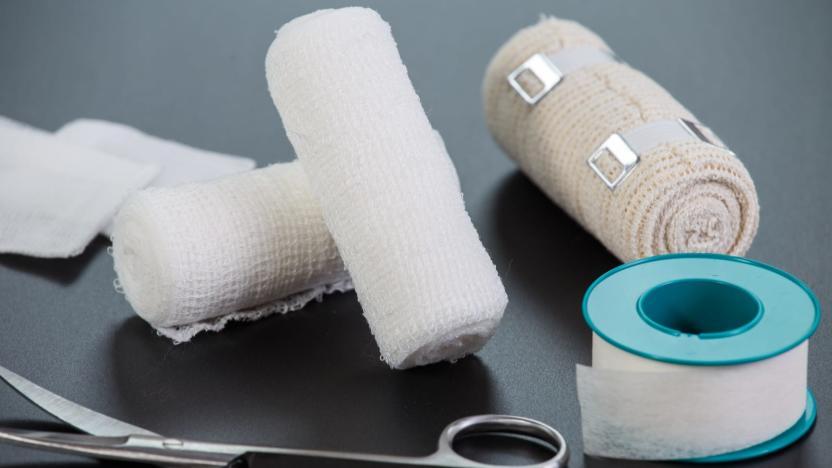
Color-changing bandages detect and treat drug-resistant infections
It may sound dramatic, but antibiotic resistance is one of the biggest threats to global health. According to the World Health Organization (WHO), it's urgent that we change the way we prescribe and use antibiotics. One approach might be to use bandages that sense and treat bacterial infections, even when the pathogen shows resistance. In a paper published by ACS Central Science, researchers from the Chinese Academy of Science explain how they've developed a way to do just that.
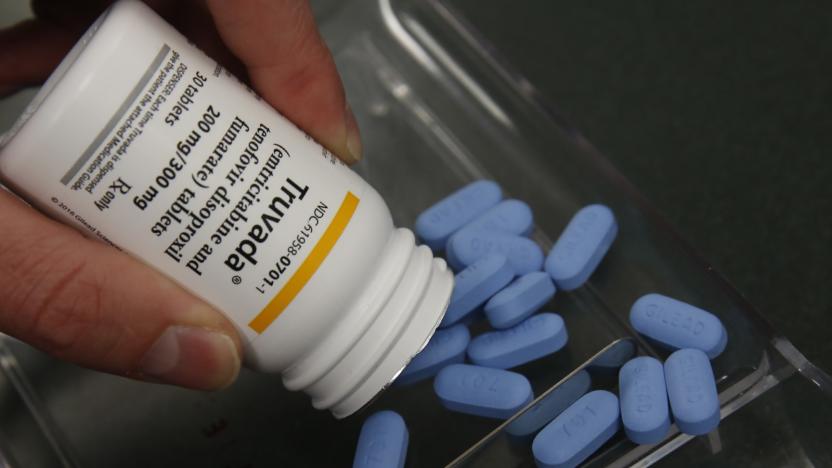
Ads on Facebook are spreading misinformation about anti-HIV drugs
While many are focused on Facebook's unwillingness to curb false political ads, there appears to be another misinformation campaign going unchecked. The Guardian and GLAAD have noted that personal injury law firms continue to run Facebook ads making false claims about the risks of Truvada, a drug meant to reduce the likelihood of HIV transmission. Some float the specters of bone loss and kidney damage despite evidence that the risks of either are "not clinically significant," according to the San Francisco AIDS Foundation.

Weed is worse than murder, if you're selling a video game
Developers at Polish studio Vile Monarch had never made a tycoon game before Devolver Digital tapped them to build Weedcraft Inc. -- a business-simulation title about the legal cannabis market. Weedcraft Inc.'s gameplay mechanics fell well outside of Vile Monarch's wheelhouse, whose past releases included Oh...Sir!! The Insult Simulator and a sequel, both of which were fighting games where players battled with rude words. So, Devolver sent a legendary tycoon-game creator to consult with Vile Monarch on Weedcraft Inc. However, the developer had one condition. "He let us know from the beginning that he didn't want his name in any way associated or to be credited," Devolver founder Mike Wilson told Engadget.
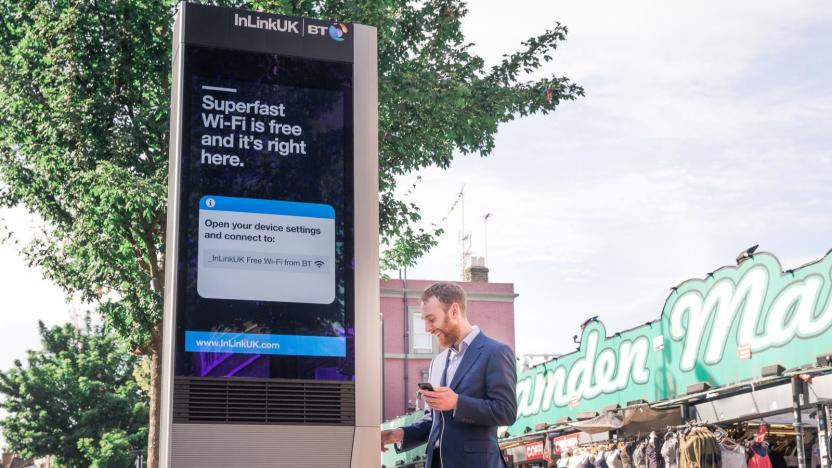
An algorithm is attempting to block drug deals at UK WiFi kiosks
The InLink kiosks installed throughout the UK were meant to replace payphones and provide free calls, ultra-fast WiFi and phone charging. But it wasn't long before they became a hotbed for drug dealing. Rather than do away with the free phone service, British telecom company BT and InLinkUK developed an algorithm to automatically block and disable "antisocial" calls.

Amazon puts former Kindle leader in charge of its pharmacy business
Amazon's entry into the pharmacy business might not have the leader you'd expect. CNBC has learned that the online retailer has picked Nader Kabbani, an executive who helped establish the Kindle self-publishing system and has worked in Flex and logistics, to head the pharmacy team. While he has supply chain and delivery experience, he's new to health care and pharmaceuticals -- an unusual choice given the frequent challenges involved in haggling drug prices and ensuring distribution.
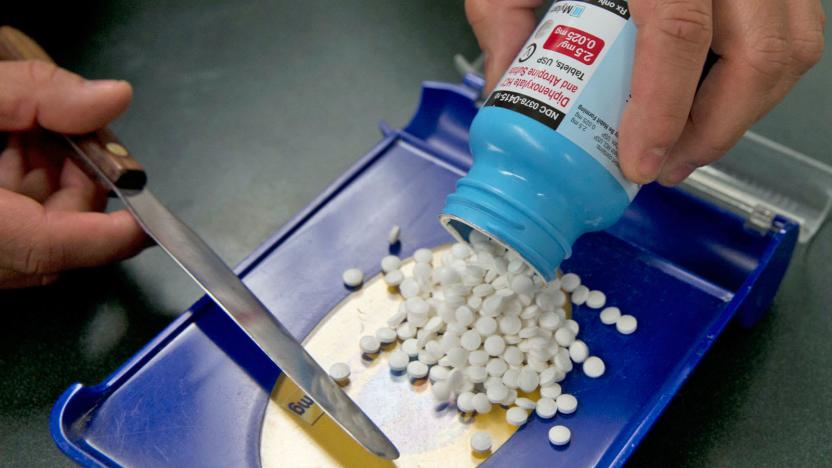
FDA explores using blockchain to track drug supplies
The US Food and Drug Administration wants to be sure sketchy drugs don't find their way to hospitals and pharmacies, and it's mulling a technological solution to keep medicine safe. The agency has launched a pilot program that will let the drug supply chain explore ways to track prescription medicine. While the FDA isn't specific about what tech companies would use, it noted that blockchain was one example. The same decentralized trust system that can trace the origins of your lettuce could also verify that your pills come from a legitimate source.
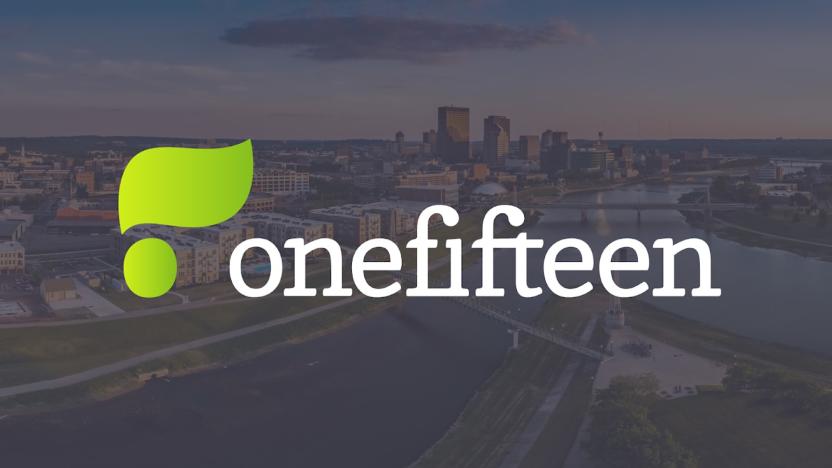
Alphabet's Verily is opening an opioid addiction center in Ohio
Alphabet's health data company Verily is mainly known for its devices, but now it's tackling one of the larger problems in the US through facilities. The company is teaming up with Kettering Health Network, Premier Health and Alexandria Real Estate Equities to establish OneFifteen, a "tech-enabled" campus in Dayton, Ohio that will help address opioid addictions. It'll include clinical services, housing for recovering patients and mixed-purpose buildings to help both patients and the local community, with Verily's technical know-how helping to "continually evolve" treatment.

Wearable sensor can detect imminent opioid overdose
The number of drug overdose deaths in the US more than tripled between 1999 and 2016, with opioids accounting for the majority -- in 2018, more than 115 people died from opioid overdose every day. Now, students from Carnegie Mellon University have created a wearable device that could alert the wearer to a possible overdose, giving them enough time to administer naloxone to reverse the situation.

Molecule-level 'CT scans' could lead to faster drug discovery
Scientists like to use x-rays when determining chemical structures to develop drugs, but it's an agonizingly slow process. As they need large, pure crystals, it can take weeks or even years to produce something big enough for studying. However, that time might be cut down to a matter of minutes. Researchers have developed a CT scan-like technique that can quickly and easily detect the shape of very small organic molecules. It borrows elements of the x-ray technique, but doesn't demand the large crystals.

Instagram offers help to people struggling with drug abuse
Instagram is expanding its proactive help to people grappling with drug addiction. The social network will pop up an offer of support when users search for certain drug-related hashtags, including references to opioids and other frequently abused substances. The message won't prevent people from finding material if they insist on it, but it will give them a moment of pause and could help them find treatment referrals as well as prevention and recovery information.
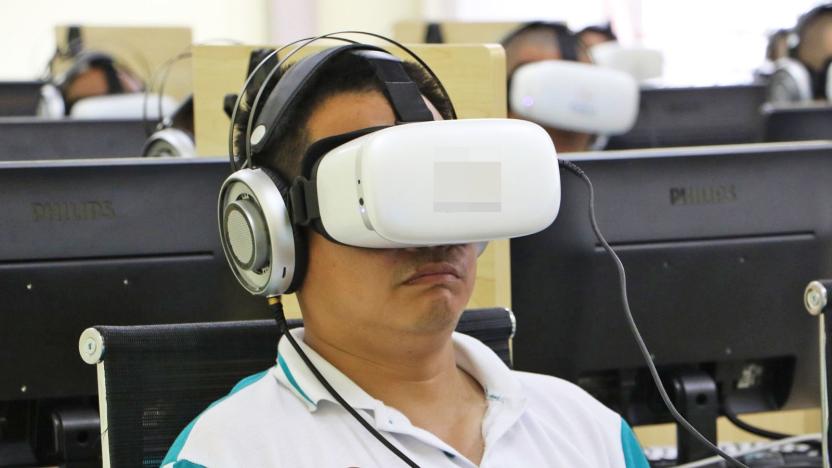
China uses VR eye tracking to gauge success of drug rehab
China's rehab centers are no strangers to using technology to treat addiction. The latest approach, however, is rather unusual. Shanghai drug rehab facilities (not pictured here) are trialing a combination of VR, eye tracking and skin sensors to both aid in recovery and gauge its effectiveness. Recovering addicts have to look at images and video illustrating the effects of drugs, and the eye monitoring can help determine their reactions, including whether or not they're paying attention in the first place. Think of it like a (relatively) gentler version of A Clockwork Orange's Ludovico treatment -- patients can't look away from the unpleasant imagery without their overseers knowing.
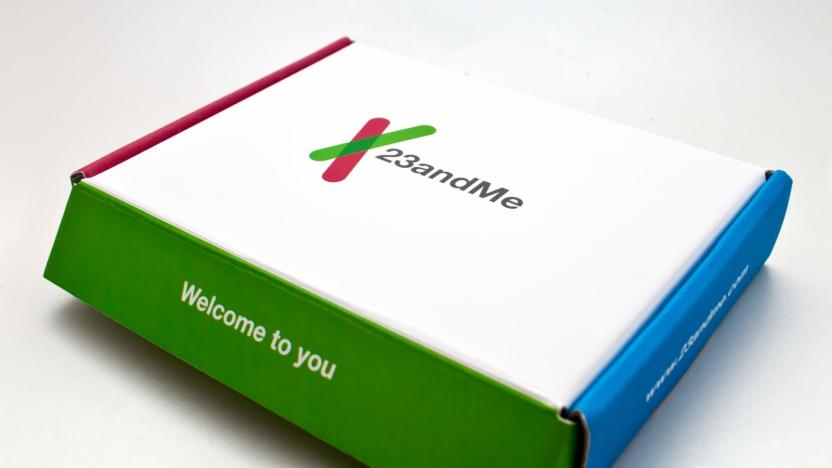
GSK to use 23andMe’s DNA library in drug development
DNA testing company 23andMe has partnered with pharmaceutical giant GlaxoSmithKline (GSK), in a bid to develop new drug treatments. 23andMe, which gives customers insight into their genetic makeup via postal saliva tests, has some five million customers -- a potential DNA database considerably larger than those generally available to the scientific community. "By working with GSK, we believe we will accelerate the development of breakthroughs," 23andMe CEO Anne Wojcicki wrote in a blog post.

Facebook redirects would-be opioid buyers to crisis helpline
Anyone trying to buy opioids or seeking addiction treatment through Facebook should now instead see information for a federal crisis helpline. Facebook has worked with a policy team on the measure over the last few months, according to Stat. Next week, the Food and Drug Administration is holding a summit on opioids; it's invited Facebook, Twitter, Google and other tech companies to discuss how they're stemming drug use.
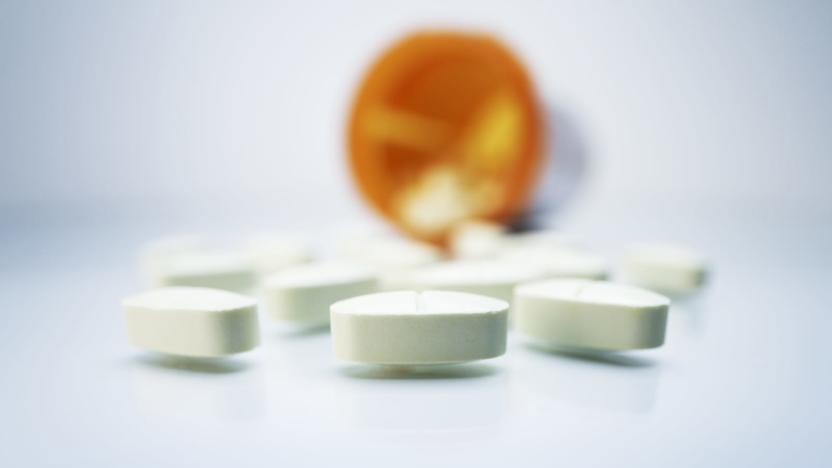
Google uses its search skills to help fight opioid addiction
Google is using its influence as a search giant to fight opioid addiction in the US. The company has partnered with the Drug Enforcement Administration on a prescription drug take back tool that uses Google Maps helps you find return locations using Google Maps. You only have to fill in your address or ZIP code to get a slew of clearly identified recycling centers and similar drop facilities. It's meant or National Prescription Drug Take Back Day on April 28th, but Google is partnering with the DEA and state governments on integrating more permanent options into Maps.






